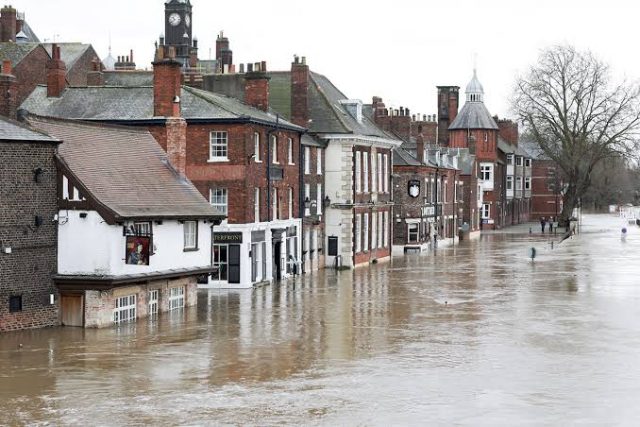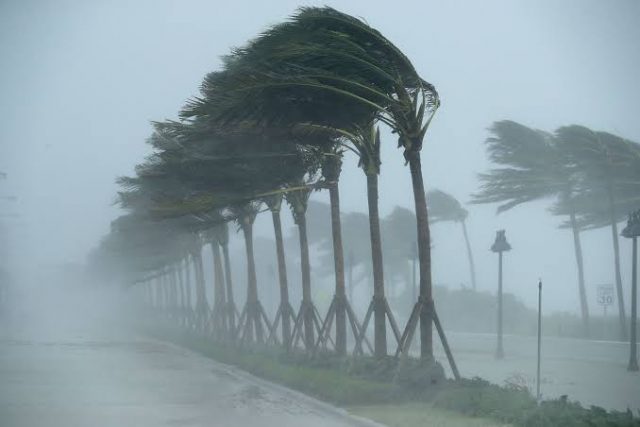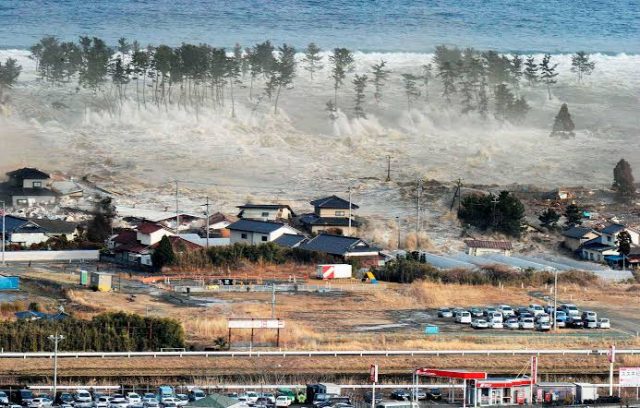There is a national winter emergency in America right now. According to the National Weather Service, around 154 million people in the United States are under some sort of winter alert since Monday. Power outages, icy roads, and dangerously low temperatures are making life miserable for people at the moment. And even some cities are facing rolling blackouts because of the deadly storm system.

However, extreme weather conditions can happen anywhere in the world. So would you know how to survive when faced with a natural disaster? This is because natural disasters can be devastating for residents living within a country. It also affects travelers because any one of us could be visiting a place when a natural disaster occurs. Therefore, this article seeks to educate us all on surviving unfamiliar circumstances such as a natural disasters, and especially in cases like America’s National Winter Emergency.
How To Survive A Natural Disaster
Following the recent happenings, which led to America’s National Winter Emergency, it’s important to learn tips on surviving natural disasters like winter storm. So, without further ado, here are the tips on how to survive a winter storm.
Tips On Surviving a Winter Storm

Outside:
- Find some form of shelter right away. Gusts can reduce core body temperature to dangerous levels due to the cold wind.
- Deep snow acts as insulation from the wind and cold. Thus, you can save your life by digging a snow cave.
- Keep yourself hydrated but don’t even think of eating snow. However, if you do get your water from snow, make sure you melt it by using a heating source (it shouldn’t be directly to your skin)
In a Truck or Car:
- Do not leave your vehicle. If you are stuck, it provides some form of protection from overexposure to the cold. Moreover, it’s harder to find someone walking in the snow than to find a car or truck stranded.
- You can run the car for short periods to provide heat. However, open the windows a bit to allow fresh air to circulate. This is because hazardous exhaust fumes containing carbon monoxide can accumulate very rapidly.
- A car might provide you with little space to keep the blood flowing, but exercise is a must if you want to withstand the cold. Therefore, you need to keep moving.
- Make the vehicle visible for rescue. You could hang a small piece of plastic or a light-colored cloth from the window to attract attention. Also, when it’s not snowing, open the hood as a distress signal.
At Home:
- Use an alternative form of heat with caution if the electricity goes out. It’s quite dangerous to use a fireplace and kerosene heater without proper ventilation. Also, make sure that children are kept away from these alternative sources of heat.
- Close every unnecessary room in the house and stick to one room to heat up. Make sure there is no air leakage in the room. Allow the sun’s rays to enter through the windows during the day, but cover all windows at night to let in the warm air and prevent the cold air outside.
Tips On Surviving Flooding

- If you know that a flood is approaching, be prepared early. Evacuate if it’s still possible to do so, and prepare for a power outage.
- Listen to authorities – do whatever they instruct you to do.
If you need to evacuate, move to a high ground far from the water. Keep away from areas close to rivers and lakes.
Head for the roof if you’re at home
Tips On Surviving a Hurricane

- Check when is the Hurricane season before traveling to a country
- Leave with minimal belongings if you’re told to evacuate by the authorities
- Stay indoors away from windows if you don’t have time to evacuate. Also, if you have a curtain, then close it, it may provide a little protection if the glass breaks.
- Unless you’ve been told to do so, do not go outside.
Tips On Surviving an Earthquake

- Avoid doorways – they may cause injuries when they slam shut
- To avoid injury, step away from falling power lines
Don’t use elevators - Earthquakes can cause tsunamis. Thus, if you are close to a coastline, move immediately to higher ground or inland and stay there until the authorities declare safety in the area.
- Avoid entering damaged buildings because they may collapse on you.
Tips On Surviving a Tsunami

- Always remember that a Tsunami may follow after an earthquake has occurred.
- If there has been an earthquake, don’t wait for official warnings as the tsunami can hit you soon.
- If a tsunami warning has been issued, please leave immediately. Time is important. If you can handle emergency equipment, do so, but don’t waste much time on it.
- Head to higher ground; as high as you’re able to reach, a tree or tall building – anything
- Don’t assume the tsunami threat is over until it is officially announced. A tsunami is not a single event, but multiple waves that can occur within hours, and the first wave is not always the largest.
There is no doubt that surviving natural disasters can be difficult for a country and its inhabitants. The safest and best thing you can do to survive imminent natural disasters or in cases like the America’s National Winter Emergency, is to pay attention to evacuation notices in your area and use evacuation assistance when provided.





